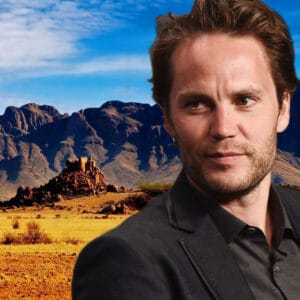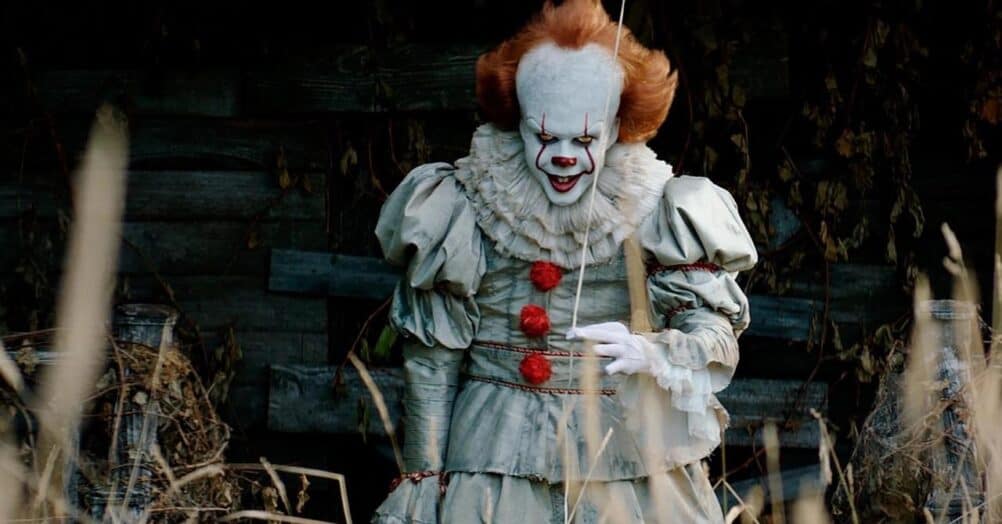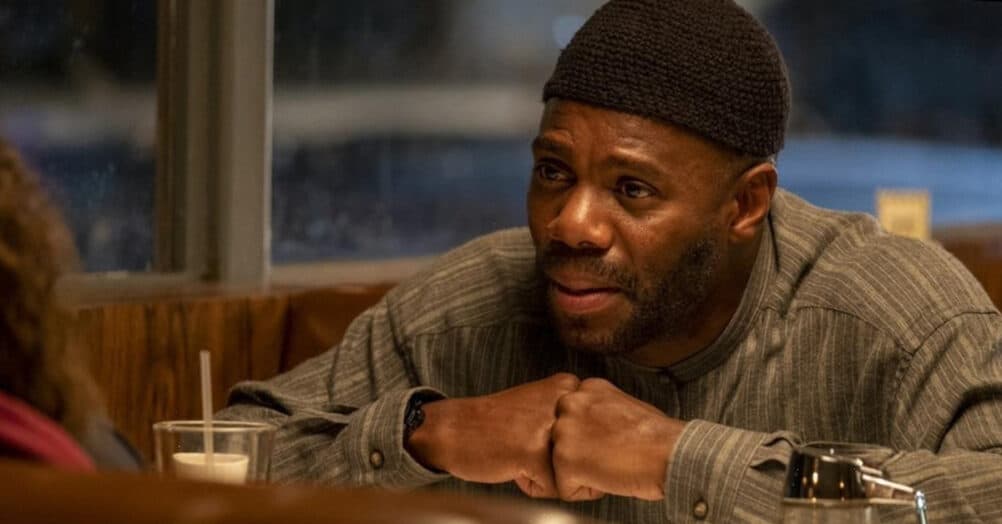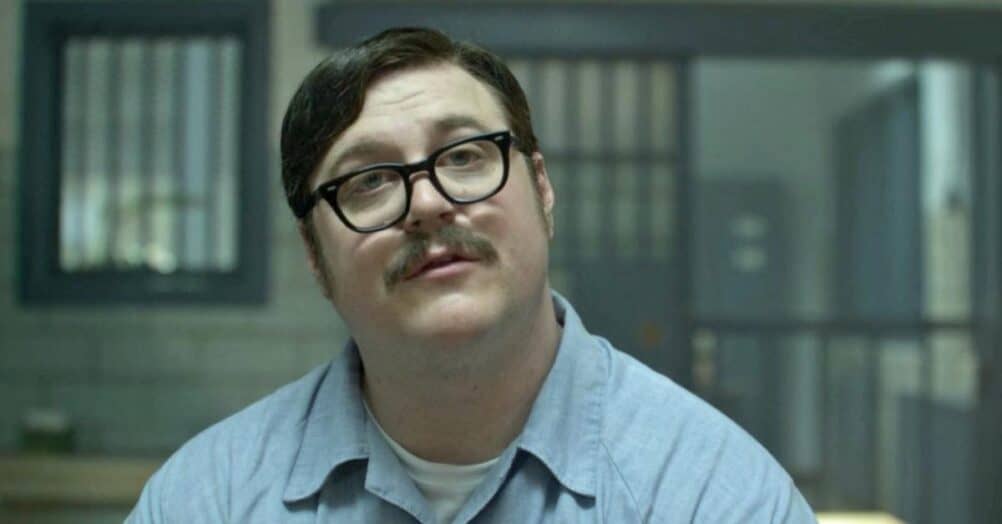
Plot: While exploring the American West, a small group travels across the plains, experiencing violent collisions with cults, religion, and men and women fighting for control of the new world.
Review: When most people think of the Western genre, they envision actors like Clint Eastwood, John Wayne, James Stewart, and Gary Cooper playing six-shooter superheroes with leathery skin, shiny spurs, and a devil-may-care attitude. As icons of an idealized American West, these men often shine as paragons of virtue, justice, and heroism. Still, history bends to the will of the storyteller, someone who can glorify the cowboy and make their actions appear pure and righteous. American Primeval offers no such quarter to its gun-slingers. Though the series presents a fictionalized and dramatized recount of 1857, its depiction of harsh living conditions, cutthroat politics, and relentless violence is all too honest. Saddle up, folks! We’re riding along one of Netflix’s best offerings of the new year.
Because I watched American Primeval so early (mid-November), I had yet to learn what the show was about, save for a few first-look photos and a brief synopsis. I imagined something akin to Kevin Costner’s Horizon: An American Saga, but I could not have been more wrong. Directed by Peter Berg (Very Bad Things, The Rundown) from a screenplay by Mark L. Smith (Twisters, The Revenant), American Primeval knows who the monsters are and depicts them accordingly, often with malice, greed, and hatred as their motivation.
American Primeval literally starts with a bang as shortly after the show begins, a guide through the harsh terrain is shot dead in front of Sara Rowell (Betty Gilpin) and her son Devin (Preston Mota). The startling scene sets the tone for Rowell’s perilous journey to Fort Bridger, a vital resupply point for wagon trains on the Oregon, California, and Mormon Trails. To compensate for the loss of their guide, Sara begs Jim Bridger (Shea Whigham) to help find a suitable replacement for the dead escort. Bridger, the matter-of-fact, smooth-talking overseer of Fort Bridger, introduces Sara to Isaac (Taylor Kitsch), a gruff, tortured, and incredibly skilled survivalist living on the outskirts of town.
The electric chemistry between Gilpin and Kitsch is immediate, with both actors tapping into their character’s headstrong and authoritative nature. Part of what makes American Primeval unique, beyond its unflinching portrayal of cruel colonizers, is the show’s performances. Gilpin’s perpetual state of heightened paranoia creates an urgency as she’s given little time to rest throughout the series. There’s always a fresh horror waiting around the corner, keeping her on edge but constantly vigilant. Taylor Kitsch compliments her performance, giving Isaac an air of mystery and arrogance as his sharp instincts help protect the group from untimely ends. While Isaac begins the mission as an unforgiving killer completing a job, the odyssey along the winding trail alters him as he develops a fondness for Sara, Devin, and a mute Indigenous stowaway called Two Moons, played to perfection by Shawnee Pourier. Straight up, Two Moons is my favorite character in a series packed with stellar performances. Shawnee Pourier can convey so much emotion and unspoken language with a hard stare or sympathetic smile. She’s incredible. Preston Mota also stands out as a young actor with a bright future. Mota’s Devin is a young boy growing up in a harsh world, unsure how to navigate the danger and what kind of man he hopes to become. Mota plays Devin with an intense curiosity and willful spirit, resulting in a decent performance from an up-and-coming actor.
Other stand-out performances include Derek Hinkey as the fearless and formidable warrior Red Feather, a member of the Fort McDermitt Paiute and Shoshone Tribe, and Saura Lightfoot-Leon as Abish, a Mormon woman whose understanding of the Shoshone evolves throughout the series. Like Sara and Isaac, Red Feather and Abish develop a special relationship that contains multitudes. Between Red Feather’s near-mythological status among the West and Abish’s defiant nature, these two headstrong characters clash in a way that brings added drama to a series already stacked with peril and dire consequences.
Not to be forgotten are Dane DeHaan as Jacob Pratt, a sincere Mormon man traveling with his wives toward his parish, and Kim Coates as Brigham Young, an actual historical figure striving to expand his influence in Utah by acquiring new land for the Church of Jesus Christ of Latter-day Saints. Coates’s Brigham Young is composed but cruel as he attempts to bargain with Jim Bridger for his territory. What few know is that Brigham is also the mastermind behind a militia of killers.
The events of American Primeval pop off when the militia launches an attack on a traveling party taking a rest in Mountain Meadows. The sudden attack (and it is sudden) gives way to a massacre that covers the soil in blood and viscera. During the attack, the militia wounds DeHaan’s Jacob Pratt, leaving him to die among the broken bodies and dashed dreams. While Pratt survives, the attack leaves him mentally and physically scarred. As he searches for Abish, he steadily slips into madness, allowing DeHaan the space he needs for a delightfully deranged performance. When the militia attempts to frame the Shoshone (and Red Feather) for the attack, the fallout ignites a war on all sides.
I showered immediately after binge-watching American Primeval, a testament to the show’s exquisitely disgusting set design and choice of filming locales. There’s a stark contrast between the finely pressed uniforms of the U.S. Army, the mesmerizing warpaint of the Shoshone, and the mud-covered frocks and furs of people trying to survive one more day in a stolen land of sin and sickness. I felt like I could contract tetanus simply by looking at my television screen as my nose curled while thinking of the ungodly smells wafting from weary animals and shit-smattered criminals.
Truth be told, I’m hard-pressed to find anything about American Primeval that I didn’t like. Allow me to lay this on the line. I bombed my history classes throughout my schooling career, and I’ve never been a fan of the Western genre. It’s simply not my bag. However, American Primeval won me over almost immediately. Peter Berg’s mini-series takes a fearless approach to its subject matter and portrayal of the American West circa 1857. Once Berg puts his foot on the gas, beginning with the Mountains Meadow Massacre, there’s little time to rest for the remainder of the journey. Despite occasional herky-jerky camerawork, the action remains frenetic while the drama lingers alongside the bitter cold. Betty Gilpin is nothing short of incredible as her eyes and body language tell the tortured tale of a woman under extreme duress, hoping to make it to her destination alive.
It’s refreshing to see such an uncompromising approach to the brutality and cruelty of colonization. As we enter an era in American history when people in power actively try to rewrite the past, it’s important to remember what was taken and who it was taken from. American Primeval is a total package experience. Every episode covers a vast ground, telling a startling, eye-opening story with complex and enigmatic characters. Whether you’re captivated by Gilpin and Kitsch’s chemistry, sickened by the violence, or riding the downward spiral of DeHaan’s encroaching madness, the show grabs hold and never lets go until the end.
American Primeval can now be viewed on Netflix.





















Follow the JOBLO MOVIE NETWORK
Follow us on YOUTUBE
Follow ARROW IN THE HEAD
Follow AITH on YOUTUBE